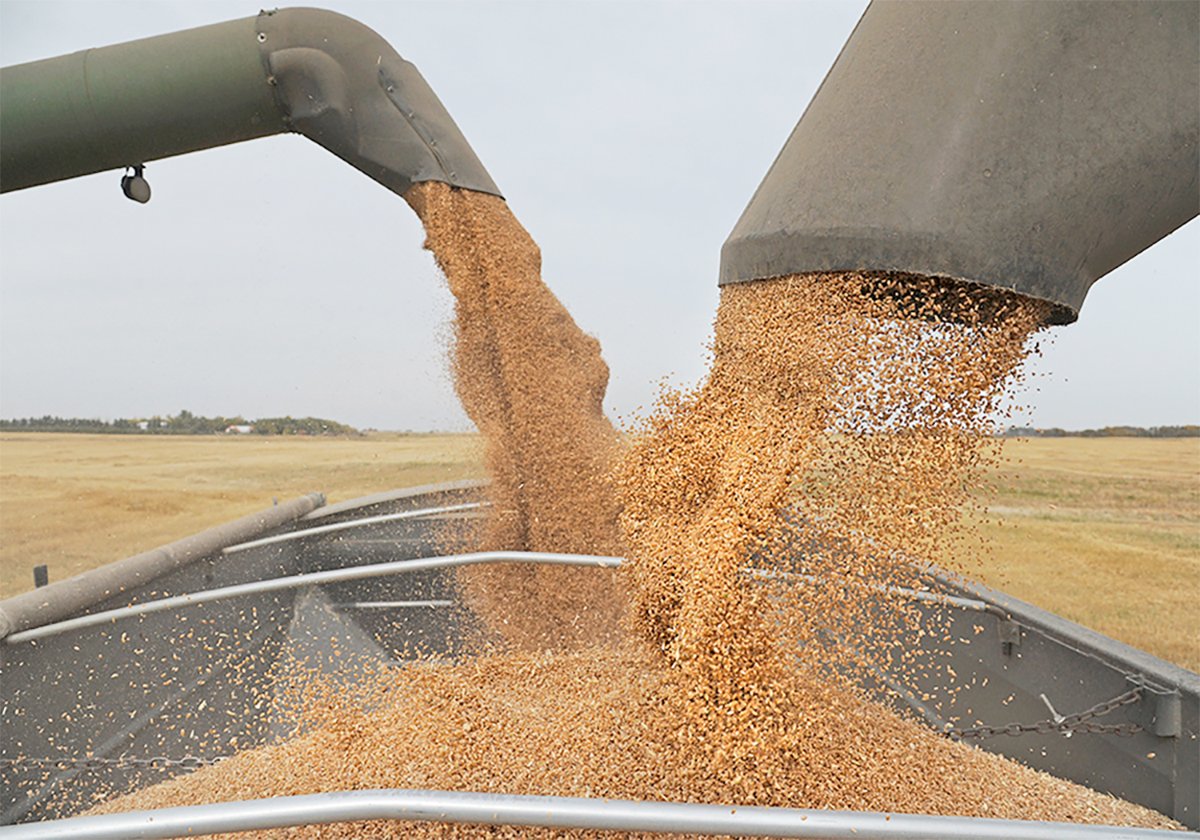AGRICULTURE minister Chuck Strahl’s stroll into cabinet this week to recommend government plans for the dismantlement of the Canadian Wheat Board barley monopoly in the wake of the plebiscite result will be a test of his will and his skill.
He will walk in with the results of the barley vote in his pocket. If the majority voted for anything other than the monopoly, Strahl will have to recommend how the government should proceed.
His job is complicated by the fact that on March 26, the majority of the CWB board said they have concluded the board could not be a player in an open market without substantial federal investment to buy some grain-handling infrastructure.
Read Also

Agriculture productivity can be increased with little or no cost
There’s a way to enhance agricultural productivity with little or no cost. It doesn’t even require a bunch of legislative changes.
The Conservatives dismiss this as a last-minute political intervention without supporting evidence but it will affect public perception of any government decision.
His job is complicated by the fact that no matter what the vote outcome, the government knows prairie farmers are deeply divided on the issue and the division may have as much resonance among city voters as rural voters.
His job is complicated by the fact that while the government insists the CWB could morph into an effective grain marketer without the monopoly, it has produced no significant analysis to argue its case.
His job is complicated by the fact that without a change in the Canadian Wheat Board Act, impossible in this minority Parliament, any end to the barley monopoly will have to be done through what critics will denounce as back-door regulatory tactics.
His job is made easier by the fact that most cabinet ministers with any knowledge of the file have a visceral conviction that the board monopoly is bad and damn the opposition. They will be an easy audience to convince.
His job is made easier by the fact that a decisive policy on dismantling a part of the monopoly will be a political deliverable to the party’s hard-core prairie base that may be wondering why they are supporting a Conservative government that spends as much as the Liberals and caters as much to Quebec as Quebec-based Liberal leaders ever did.
His job is made easier by the latest Probe Research survey of voting intentions in Manitoba that show Conservatives at 57 percent in rural Manitoba compared to a combined 34 percent for the monopoly-supporting Liberals and New Democrats. It is a small sample with a high margin of error, but the gap is too great for any doubt about its accuracy.
Manitoba is considered the hotbed of CWB support.
Still, for all the Conservative determination to move, Strahl will have to propose a plan that does not add to the growing Conservative image as the school yard bullies willing to crush any obstacle to their supremacy.
He will have to propose an action plan that adheres to the requirements of the CWB. This is a law-and-order party, after all.
And he should have a plan that has a semblance of credibility that it can be implemented, given that farmer-elected directors of the CWB say it cannot.
Going to cabinet for permission to spend more money on farmers is child’s play compared to this week’s challenge for the minister.














